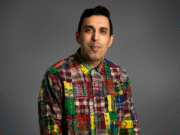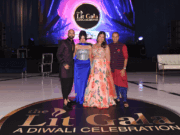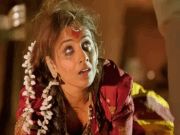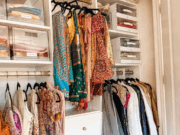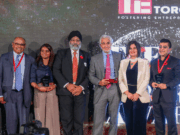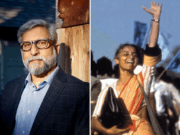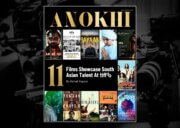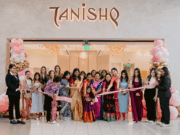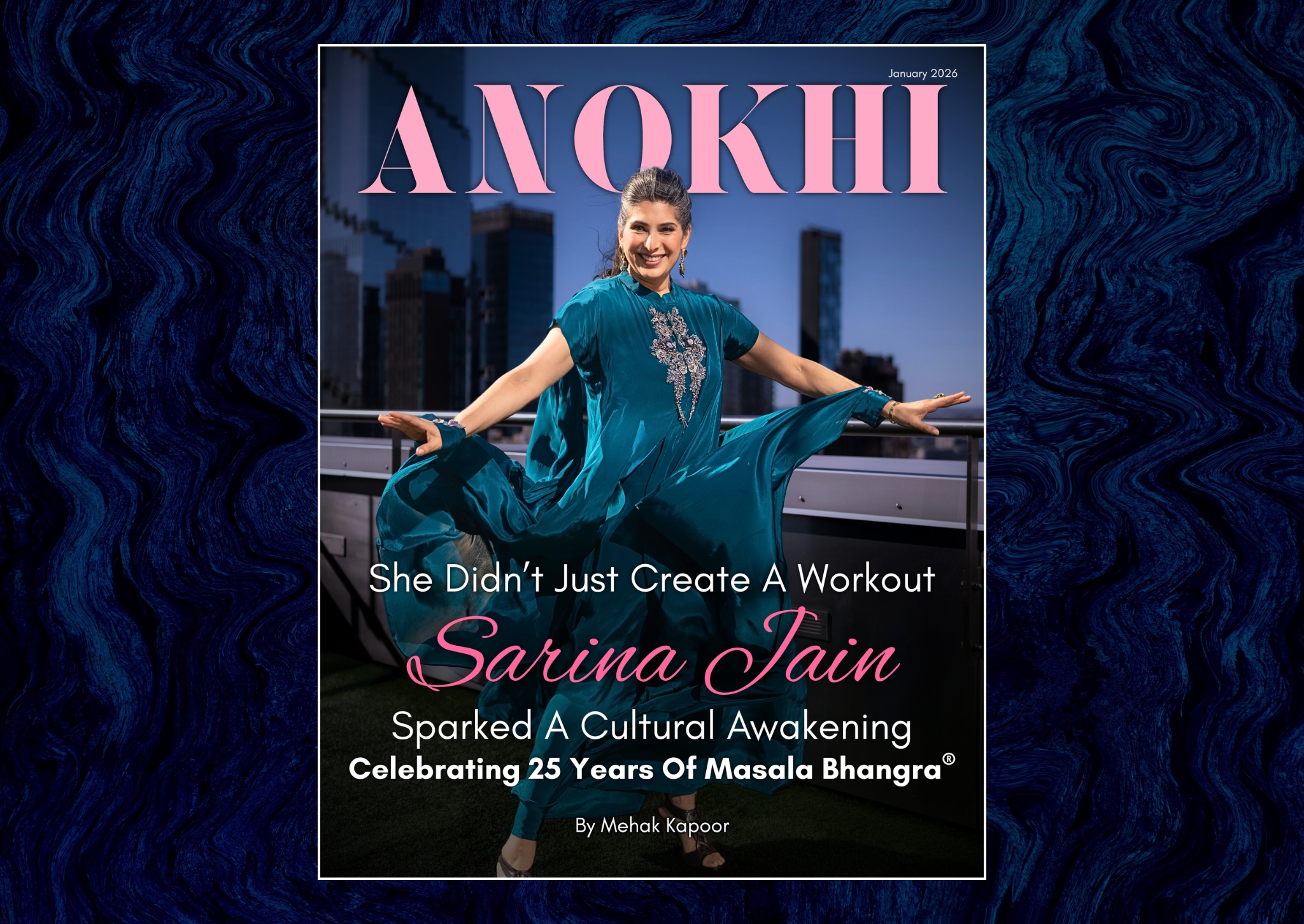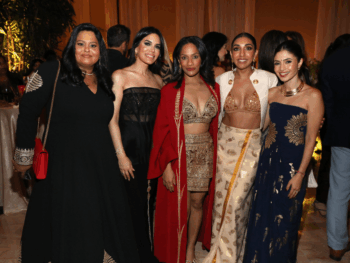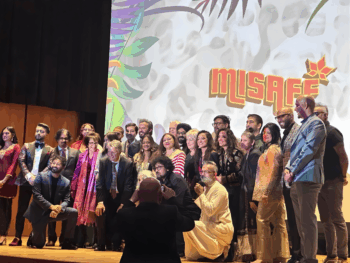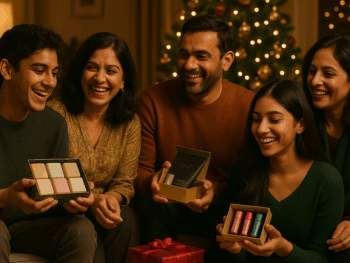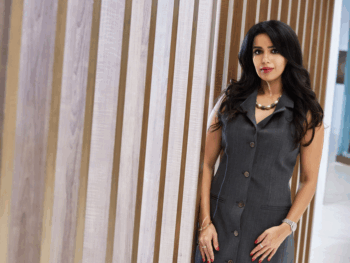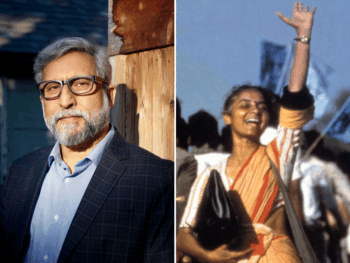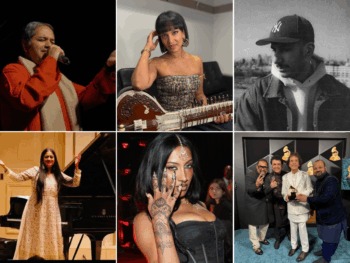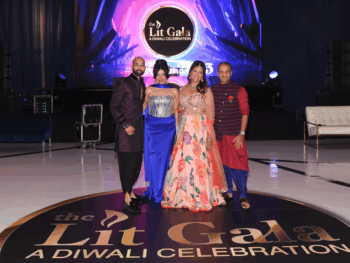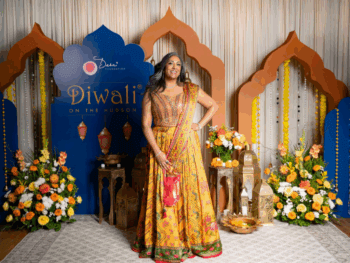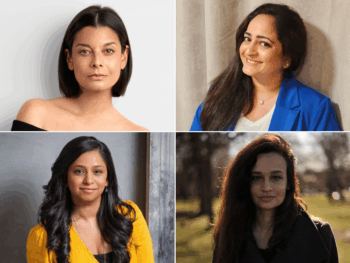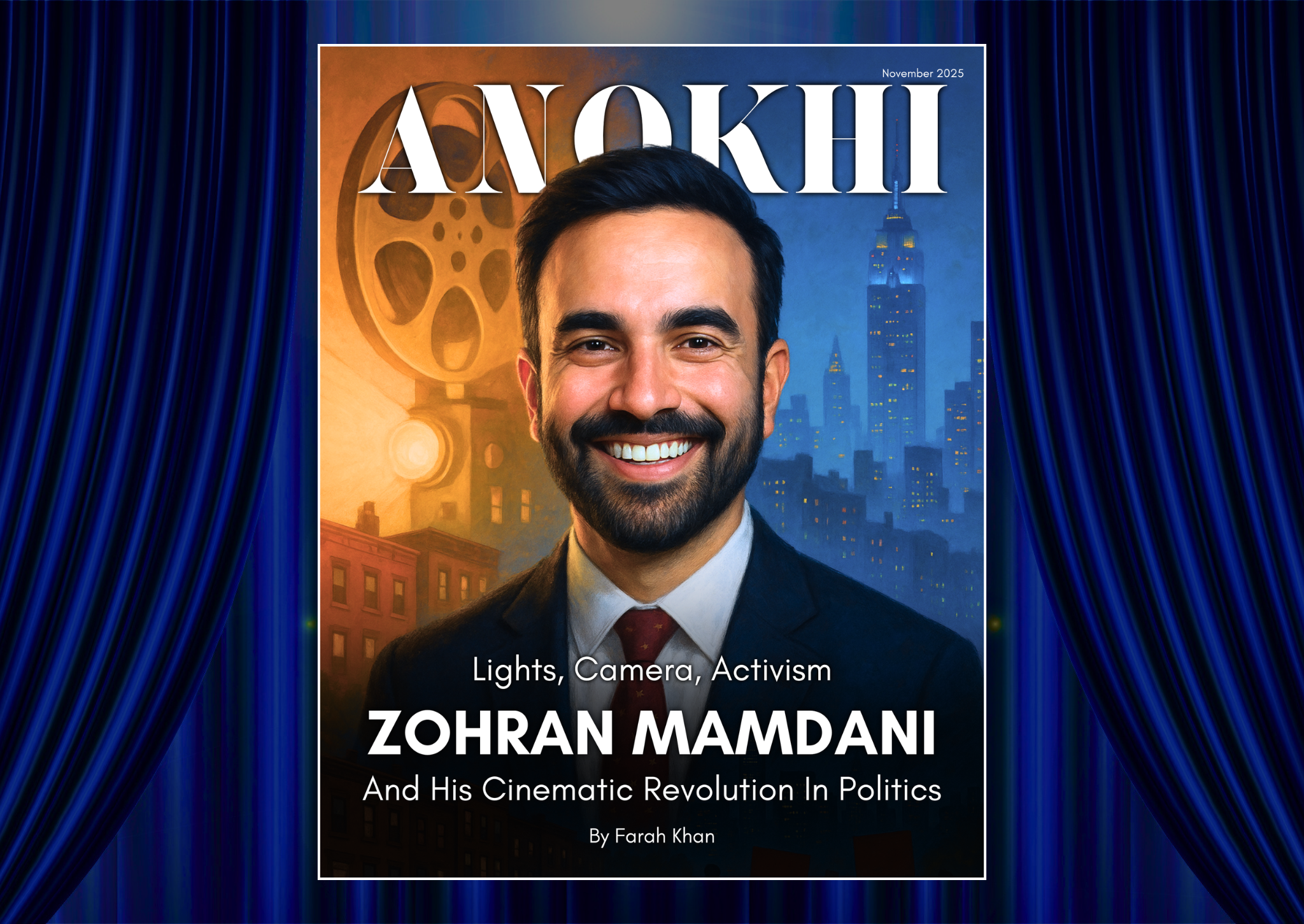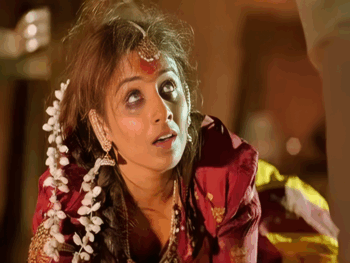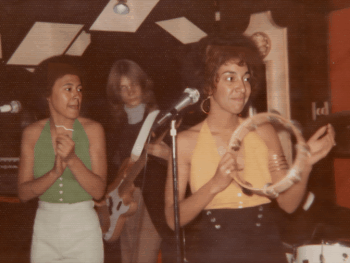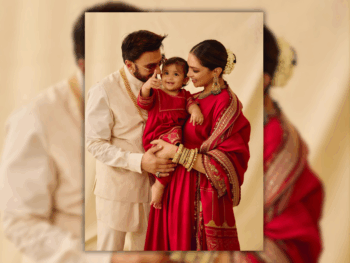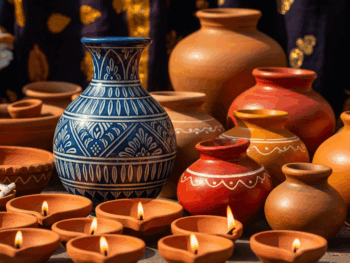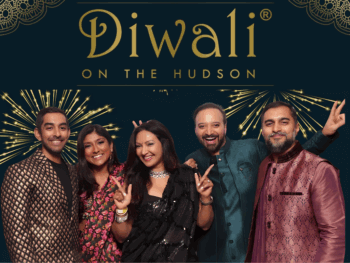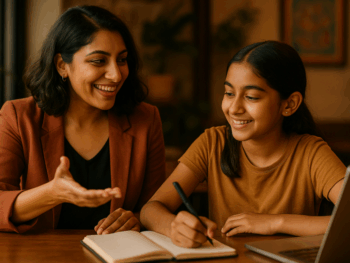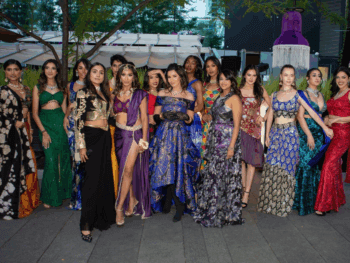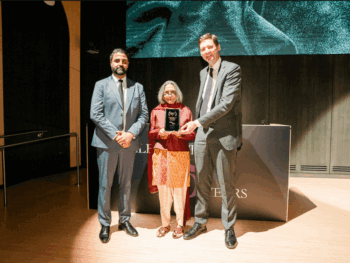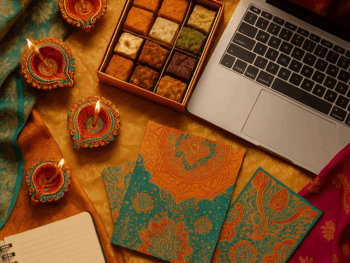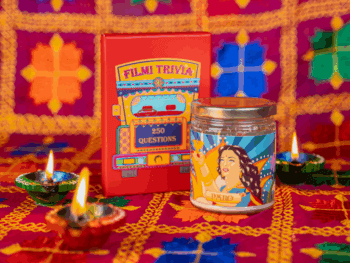
We explore the challenges divorced South Asians with children face when looking for love.
Dating has always been hard — the awkward first dates, deciding to go exclusive, meeting the parents — you get the idea. Now imagine dating as a divorced South Asian with kids.
“It’s incredibly awkward,” says Bahar Singh,* a divorced British-South Asian living in Birmingham. “Once it got out my husband was abusive, I didn’t get any judgment about divorcing. But it’s hard going to dinner parties when you’re the only one who doesn’t have a partner. Or when your friends try to set you up with dates and it all goes fine until you put your child’s recital ahead of a date. Or you meet his parents, and they’re like ‘oh, you’re divorced.’”
It’s true that more South Asians are getting divorced and as a result divorce is not quite as stigmatized as it used to be. But India still has one of the lowest rates of divorce in the world with roughly 13 in a 1,000 marriages collapsing, according to a 2013 study published in the India Tribune.
A British study looked at the rate of divorce among South Asians who had been married in 1991 and divorced by 2001. The study found that 11 per cent of South Asians who married other South Asians had divorced a decade later while 14.8 per cent of South Asians married to Caucasians had divorced.
So what’s next for this rising group of South Asians? Can they find love after divorce? In a culture of Shaadi.com, arranged marriages and bio datas — where people take note of everything from your age to your occupation and social status — the divorcée label can make a difference. “If there’s love and family after divorce, I don’t know how to find it,” Singh says.
That’s why Manish Ankola started the Bay Area Desi Single Parents and Divorced Singles Meetup group in San Francisco. The IT professional has a very NRI story: he was born in Mumbai, got his first job in the U.S., landed a green card and had an arranged marriage followed by two sons. “I had the perfect marriage for 10 years until it all blew up in my face,” he says. “I couldn’t find the support I needed . . . even if divorce is more common. After you get divorced, your family and friends distance themselves from you.”
Ankola didn’t know how to get into the dating scene and still maintain a positive environment at home for his two sons.
“I didn’t know much about the dating scene,” he says. “Dating is very different from an arranged marriage.”
Dr. Saunia Ahmad, a Toronto-based clinical psychologist known as the first to complete a study on couple therapy with couples of South Asian background in North America, explains that “Amongst South Asians, marriage is not so much about the individuals. It’s about families coming together,” getting married — and maintaining a successful marriage — is really important in the South Asian culture, she says explaining why a divorce can leave you feeling isolated.
“I’ve heard from many people considering divorce that their parents tell them they should stick it out for the children,” Dr. Ahmad says, adding that that creates a sense of not being supported by their parents when they take do take that step towards divorce and remarriage. Dr. Ahmad recommends meeting someone outside of your family for support in that case — whether it’s a professional counselor, a friend or a divorce Desi group like the one in San Francisco.
Even for a couple decided on divorce, couples counseling is worthwhile. If there are children involved there’s a good chance that you’ll continue to share parenting responsibilities to some degree and learning to keep the communication channels open is worthwhile, Dr. Ahmad explains. Research has shown that the psychological effect on children is greater if they are in an unhappy household compared to a divorced family where the two parents can be civil to each other.

She has also seen remarried couples who come for couples counseling. “They don’t want to repeat the mistakes of the past and they take counseling as a preventive measure,” she says.
The Bay Area Desi Single Parents and Divorced Singles group now has around 180 members — all of whom are divorced or separated South Asians — and celebrated its second anniversary in January. There’s a $10-annual membership fee and the group meets for potlucks, picnics and mixers and organizes games where the single parents can bring their children. Ankola also invites professionals to come to speak to the group on topics like divorce law, custody issues and anger management. “Some of the women who’ve come from India may not know their rights and the laws in the U.S., especially if they don’t have an education,” he says. “Divorce brings the worst out in people . . . they can be so bent on revenge that they don’t even live and let live.”

A handful of the members have actually married each other, according to Ankola. “[It’s] a safe environment . . . your kids can meet each other, you can find people who understand what you went through and it starts from a place of friendship and support.” The group receives positive reviews from its members. “In the group, I found people who not only understand being a single parent, but also the nuances of that from the Indian cultural perspective,” one father writes.
“I came across this meetup a couple of months ago when I was going through a difficult time in my life,” another member says. “I enjoy being part of this group now and taking my child along to attend some of the family-friendly activities they organize. Being part of a South Asian community, I feel at home within this group and comfortable to reach out to its members knowing that basically, we all share similar values.”
Neetu Anand,* who was divorced seven years ago and has since remarried, says she found it easier to date outside the South Asian circle. “It was far less judge-y than when I tried to meet other divorced Indians . . . there really aren’t a lot of them.”
She said her parents were supportive of her divorce, “but that didn’t stop others from shutting them out because their daughter is divorced. That was so unfair.”
* Some of the names in this story have been changed to protect the privacy of those interviewed.
BY TAMARA BALUJA
PUBLISHED IN THE BEAUTY ISSUE, SPRING/APRIL 2014
COMMENTS
YOU MAY ALSO LIKE
Newsletter Sign Up
Subscribe to our FREE newsletter for all of the latest news, articles, and videos delivered directly to your inbox each day!






